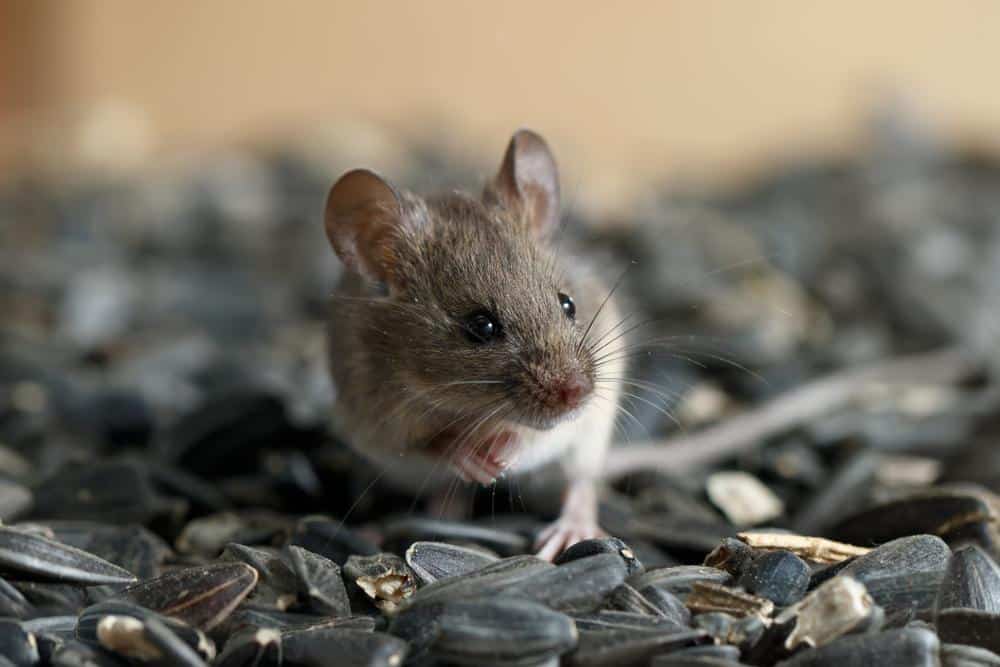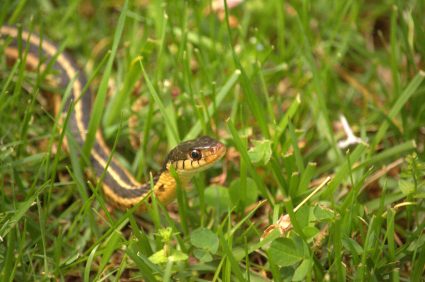
Raid is a well-known brand that offers a variety of insecticides and bug sprays designed to eliminate common household pests. But does Raid kill rats? This question has been asked by many homeowners dealing with a rat problem. In this comprehensive article, we’ll delve deep into this topic, providing you with a wealth of information, examples, and scientific references.
Raid, known for its variety of insecticides and bug sprays, is not specifically designed to kill rats. While some of its ingredients might harm rats, it would require high concentrations and prolonged exposure to have a significant effect. Therefore, using Raid as a rat exterminator may not yield the desired results. For effective rat control, consider using methods specifically designed for this purpose.
What is Raid Designed to Kill?
Raid is primarily designed to exterminate a wide range of pests, including ants, roaches, spiders, flies, mosquitoes, and more. It targets both crawling and flying insects, offering a comprehensive solution for insect control in your home. Some Raid products even offer residual effects, continuing to kill pests for weeks or even up to 18 months for certain insects on non-porous surfaces.
Does Raid Kill Rats?
Raid is not specifically designed to kill rats. While some of its active ingredients, such as pyrethroids, could potentially harm rats, it would likely require a high concentration and prolonged exposure to have a significant effect. Consequently, using Raid as a rat exterminator may not yield the desired results.
The Science Behind Raid’s Effect on Rats
Several scientific studies have been conducted on the effects of Raid on rats. In one study, Wistar rats were exposed to various concentrations of Raid over ten days. The results showed that as the concentration of Raid increased, rat mortality also increased, while their growth decreased. Another study found that acute exposure to the insecticide did not affect the learning process in rats but did cause a significant loss of memory. Chronic exposure, on the other hand, led to a significant delay in learning and memory.
Risks and Considerations of Using Raid on Rats
Using Raid to kill rats is not without risks. The active ingredients in Raid can have adverse effects on humans and pets, such as dizziness, sneezing, respiratory issues, and skin irritation. Additionally, the U.S. Environmental Protection Agency recommends using rodenticides or baits as a first line of defense against rodents, as they are often more effective and carry a lower risk of exposure to the pesticide if used correctly.
Alternatives to Raid for Rat Control
If you’re dealing with a rat infestation, there are several effective alternatives to Raid. These include:
- Peppermint oil: Dip cotton balls in peppermint oil and place them around your home to repel rats.
- Vinegar: The pungent smell of vinegar can deter rats.
- Snap traps: These traps can kill rats quickly and humanely.
- Live traps: Capture rats alive and release them back into the wild.
- Rodenticides: These are specifically designed to kill rodents and can be very effective when used correctly.
Remember, prevention is key. Keep your home clean, store food in sealed containers, and seal off any potential entry points to prevent rats from entering your home in the first place.
In conclusion, while Raid can potentially harm rats, it is not the most effective or recommended method for dealing with a rat infestation. Instead, consider using methods specifically designed for rat control, and always exercise caution to minimize potential harm to non-target species.
Frequently Asked Questions
What are the active ingredients in Raid?
The active ingredients in Raid typically include Imiprothrin, Cypermethrin, and other types of pyrethroids. These are neurotoxins that affect the nervous system of insects, leading to their death.
Can I use Raid for other types of rodents?
Raid is not specifically designed to kill any type of rodents, including mice or squirrels. While it may potentially harm them, it’s not an effective or recommended method for rodent control.
How long does the effect of Raid last?
The residual effect of Raid can last for weeks and up to 18 months for certain insects on non-porous surfaces. However, this duration can vary based on factors like the type of surface and environmental conditions.
Is Raid harmful to pets?
Yes, Raid can be harmful to pets if they are exposed to it. It can cause symptoms like dizziness, sneezing, respiratory issues, and skin irritation. It’s important to use it in a manner that minimizes your pets’ exposure to it.
Are there natural ways to repel rats?
Yes, there are several natural ways to repel rats, including the use of peppermint oil and vinegar. These methods are considered safer and more humane than chemical alternatives.









